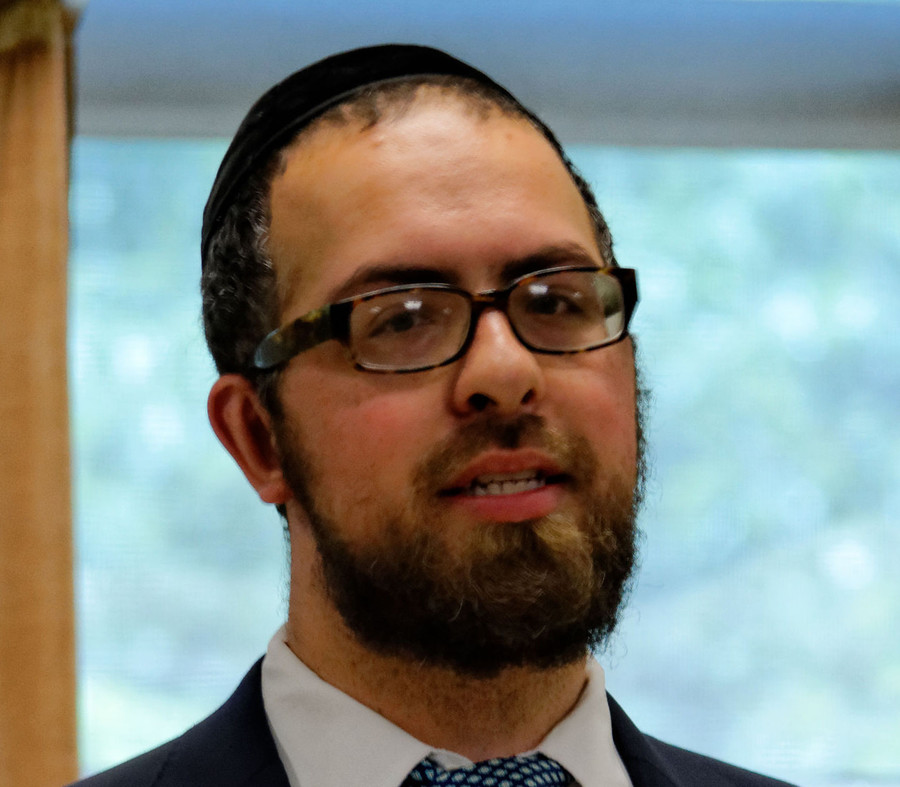Watching violence: you can’t unsee this
When Rabbi Isaac Rice asked a simple question, “Does the Torah want us to be liars?” an expectant silence fell upon his audience.
The concept of dam l’kaf z’chus, giving others the benefit of the doubt, is a difficult one to both succeed at and understand, he said during a talk entitled, “Understanding the Impact of Watching Violence.”
Rabbi Rice, assistant rabbi at Congregation of Anshei Chesed in Hewlett, explained that the goal of the mitzvah is not so that we think favorably of another person, even when it is clear that they are doing the wrong thing. Rather, we are supposed to attempt to rationalize for our own benefit. If we don’t, and we accept that they are doing an aveira, then we are becoming desensitized to that aveira and our spiritual foundation is being worn down.
“When we look at something, and it enters into our minds, we cannot simply hope or think or daven it away,” he said.
Rabbi Rice explained that the more violence we see or allow our children to see, whether it be in movies, television, or on the internet, the more desensitized to it we will become.
“We don’t cry anymore,” he said, reflecting on the general response to tragedy. “We don’t shed a tear. We just go back to making our lunch.”
Rabbi Rice concluded his shiur by urging his audience to react in the opposite extreme. When we see violence we must become more sensitive, he said.

 47.0°,
Fair
47.0°,
Fair 




